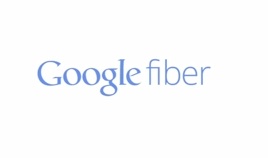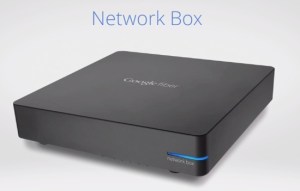
After a few delays and setbacks, Google today officially launched its 1 gigabit residential fiber network in Kansas City. The network will deliver symmetric 1 gigabit connections to households across the city. That’s about 100 times faster than most current residential broadband connections in the U.S. There will be no monthly caps or overage charges. Google Fiber will also come with 1 terabyte of cloud storage and HD TV service. Users in Kansas City will have to pay a $300 fee to get the service installed in their houses. The monthly price for the 1 gigabit Internet connection and TV service will be $120/month. Users who just want the Internet service will have to pay $70/month.
Users who just want a basic 5 Mbps Internet connection will be able to get this for free for at least the next 7 years, as long as they pay the $300 construction fee. Google will also offer free gigabit connectivity to schools.
Sadly, though, the residents of Kansas City will stillhave to wait a bit to get these fiber cables installed in their houses. Google is currently allowing potential users to put down a $10 deposit. Google will prioritize neighborhoods based on how many households apply by early September. The company did not announce an exact date for when it plans to actually connect the first households.
During the announcement, Google’s officials stressed how the Web has changed virtually everything “for the good” over the last few years and created million of jobs. Despite all of this, though, Google says “we are at a crossroad.” We currently have lots of computing power and storage capacity (and thanks to Moore’s Law, they continue to increase quickly). Internet speeds in the U.S., however, have lagged far behind other countries. That’s despite the fact that the technology has actually evolved quickly. The choice we have today, says Google, is to get network speeds onto the same exponential growth curve or risk lagging behind and missing out.
read more
read more



